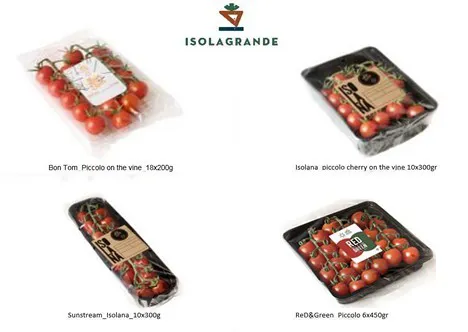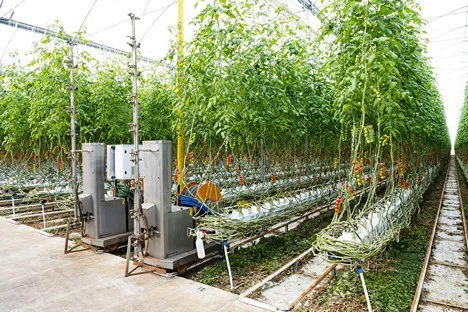After finally reaching the Brexit deal, the trade of agricultural and food products between the EU and the UK has also been regulated. The UK is worth €3.4 billion and is the fourth market for Italy. The essential elements of the deal include the absence of custom duties and the ongoing protection of products with geographical indications.
 We have asked Federico Baraldi (in the photo), CEO of Isolagrande, a company exporting large volumes of vegetables to Great Britain, to discuss what will actually change for Italian businesses.
We have asked Federico Baraldi (in the photo), CEO of Isolagrande, a company exporting large volumes of vegetables to Great Britain, to discuss what will actually change for Italian businesses.
"We have followed negotiations closely due to the importance the UK market for the Italian agricultural sector in general and Isolagrande in particular. We have identified some pros and cons that come with the deal"
"What is positive is that there will be no duties between Great Britain and the EU. Reaching an agreement on this point was crucial to avoid heavy repercussions on the market, as duties would have led to an undefined increase in prices and a drastic reduction of the demand for Italian products. England remains a very important target for our company also in the medium-long period."

"For Isolagrande, the British market represents 30% of the turnover. British consumers are particularly demanding and are interested in premium products like our "Piccolo" - bunch cherry tomatoes we grow on high-tech heated greenhouses - as well as in other new varieties such as red plum, yellow cherry and orange bunch tomatoes."
"Obtaining results of this kind in such a competitive market is definitely a challenge we tackle with passion and dedication. This is possible also thanks to cutting-edge production techniques, which are coordinated by a team of specialized agronomist trained to provide our clients with good and healthy tomatoes."
Not everything is good
"There will be obstacles if we want to continue our projects and set up new programs with the UK. We will have to manage them as best as we can, trying to mitigate all the higher management costs when it comes to logistics and new customs checks. Just think that, as of January 2021, we have to send all documents to the British customs office by fax."

"We are already working on complying with all the new obligations required to continue exporting to the UK - from customs documents to the new certification of origin envisaged by the EU. Luckily, we already have experience working with other extra-EU markets such as Switzerland, and the documents required and checks performed are similar. The main risk remains the unpredictability and uncertainty when it comes to the commercial and agricultural policies the UK will implement in the near future and the regulations our products will be subjected to in the medium period. It is difficult to make a forecast, we will have to wait and see."
